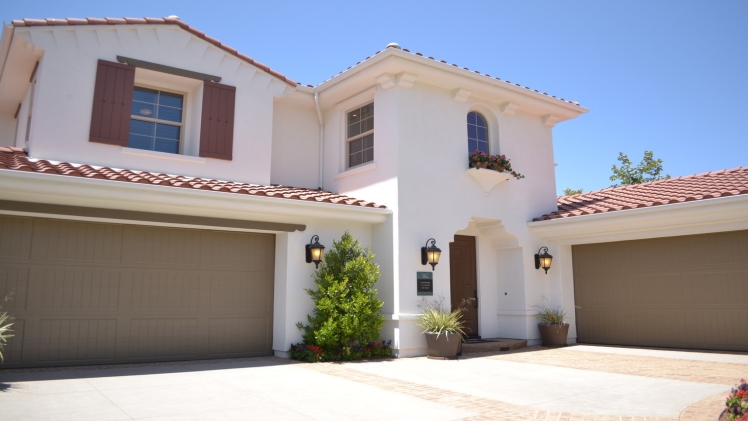Better known as wet-siding, stucco can provide your house with an attractive exterior and is an intelligent siding option. Because of this versatility, your stucco siding may be designed to fit into your overall house aesthetic quite well. But there are also disadvantages to using stucco on your house, especially in areas where harsh climates are prevalent. The advantages and disadvantages of stucco will be looked at in detail in this article.
So let’s start with the disadvantages:
Vulnerability To Damage From Rain or Excessive Water:
Water seepage can cause the stucco to rot or crumble away if it is not immediately treated. If you live in an area where rains are familiar or have a sprinkler system controlling the amount of water that hits your house, then the stucco exterior can quickly become damaged. Aside from water, wind can also cause severe damage. You need the help of Stucco Contractors Phoenix to replace the entire stucco if your house gets pounded by fierce winds often.
Stucco Installation Cost:
It can sometimes be more costly than having to build a brick wall. Another disadvantage of stucco is that it can not withstand fire. This is because a layer of explosive cement is usually built underneath the surface of the stucco. Any fire that happens will only spread the cement underneath the surface, creating extensive smoldering fires. In addition, if the original concrete coating begins to flake off or melt away, the stucco becomes vulnerable to mold growth. Call your local Stucco Contractor Phoenix if that’s happened.
On its own, the advantages of stucco far outweigh its disadvantages. Stucco has a multitude of benefits for homes, both aesthetic and practical.
- It creates an air-tight seal against sound transmission
- it can make for quieter, cozier rooms
- It makes for more durable and less expensive flooring.
Stucco Is Ideal For Insulating Heat
It also acts as excellent insulation for Phoenix houses. Most houses that are constructed in Phoenix will use this type of Phoenix hardwood to protect their floors. This is because the state of Phoenix receives a lot of precipitation, especially during the winter season.
Things You Should Consider
Because there are so many advantages and disadvantages of stucco, you need to be very careful about choosing the material for your house. While a beautiful home exterior can be achieved using this wood product, it is not advisable for people living in tropical or sub-tropical climates. If you live in such climates, it is best to contact a skilled painting contractor instead. In the tropics, it can often be hard to find a hardwood frame that will match the natural colors of the beach and surrounding vegetation. Because of this, you might need to purchase a special varnish to cover the surface of your concrete stucco home.
If you choose to use stucco as a material for the exterior of your house, you should be aware of two significant issues.
- First, since there is such a wide range in price between different manufacturers of stucco materials, you might need to shop around to find the lowest prices.
- Second, since different types of stucco have different finishes, you might have to invest in a painting contractor specializing in using specific studios. If you choose regular paint over a stucco finish, you may end up increasing the amount of mold that is allowed to grow on your concrete surface. While regular paint will protect the surface from mildew, a high-quality stain will allow water to penetrate deep into the surface of your house.
While it is true that stucco can be used in any climate, it is most appropriate to use it in temperate environments. This is because this type of material is capable of withstanding elevated temperatures. Although stucco is vulnerable to moisture, it is still considered to be a durable and long-lasting material. Its disadvantages usually stem from the fact that the application process itself can create an enormous amount of moisture. Because the entire application process can sometimes result in excess humidity, the finish may require protection during periods of inclement weather. As long as you make sure to protect the surface of your home from the sun and moisture during the installation process, it would help if you did not run into any stucco problems.

